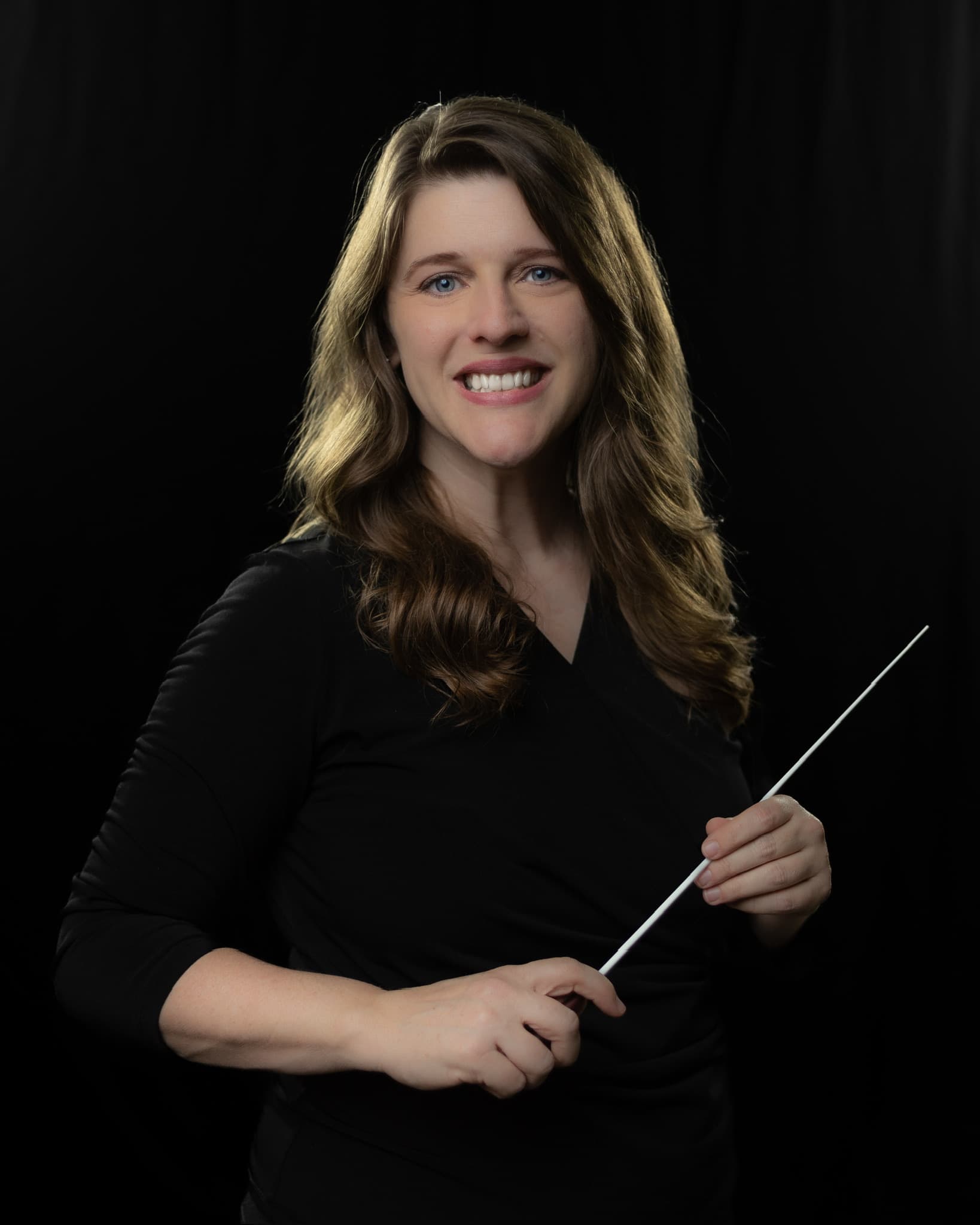Are you considering enrolling your child in a music school? Music education has numerous benefits for children, from enhancing cognitive development to boosting self-confidence and self-expression. This article will explore the advantages of using a music school for your child and how it can positively impact their growth and development.
Music education has been found to impact cognitive development and academic performance positively. Research shows that learning music helps improve memory, attention, and problem-solving skills. Children are exposed to complex musical patterns, rhythms, and melodies by engaging in music lessons, stimulating their brains and enhancing their cognitive abilities. Moreover, studies have shown a correlation between music education and improved academic performance, with music students often excelling in subjects like math and language. So, by enrolling your child in a music school, you are giving them the gift of music and a solid foundation for academic success.
Cognitive Development and Academic Performance
Enrolling your child in a music school will boost their cognitive development and academic performance, giving them the competitive edge they need to excel in all areas of their education. Playing a musical instrument requires focus, discipline, and problem-solving skills. These skills transfer to other areas of their academic life, helping them become better learners overall.
Playing a musical instrument has been shown to enhance cognitive abilities such as memory, attention, and spatial-temporal skills. When children learn to read sheet music, they exercise their memory by memorizing notes and rhythms. This improves their ability to retain and recall information when needed, benefiting subjects like math and science. Additionally, playing an instrument requires concentration and focus, as children have to pay attention to the notes, timing, and technique. This helps improve their attention span and ability to concentrate, which can translate into better performance in the classroom.
Moreover, music education has been linked to improved academic performance. Studies have shown that students who participate in music programs have higher grades and standardized test scores than their peers who do not engage in music education. This could be because learning to play an instrument involves practicing regularly and setting goals, which instills a sense of discipline and perseverance in students. These qualities are essential for academic success, as they teach children the importance of hard work and dedication.
Enrolling your child in a music school can benefit their cognitive development and academic performance. Playing a musical instrument enhances cognitive abilities such as memory and attention while fostering discipline and perseverance. These skills transfer to other areas of their education, giving them a competitive edge and helping them excel academically.
Boosting Self-Confidence and Self-Expression
Imagine the joy and confidence of watching your child flourish as they explore their unique self-expression through music. Music schools provide a supportive and nurturing environment where children can develop their self-confidence and enhance their self-expression skills. Through music lessons and performances, children are encouraged to express themselves creatively, allowing them to discover their own unique voice and style.
Music education helps children build self-confidence by giving them opportunities to showcase their talents and abilities. Whether performing in a recital, participating in a band or ensemble, or even composing their own music, music schools offer a platform for children to gain confidence in their abilities. Their self-esteem and self-assurance grow as they receive positive feedback and recognition for their achievements. This newfound confidence extends beyond their musical abilities and can positively impact other areas of their lives, such as academics and social interactions.
Furthermore, music education promotes self-expression by allowing children to communicate their emotions and experiences through music. Playing an instrument or singing can serve as a form of emotional release and provide an outlet for self-expression. Children can convey their feelings and thoughts through the melodies they create, enabling them to express themselves uniquely and personally. This ability to express themselves artistically fosters a sense of identity and allows them to connect with others deeper, promoting empathy and understanding.
Music schools offer a valuable opportunity for children to boost their self-confidence and enhance their self-expression skills. Through music education, children can develop a strong sense of self, gain confidence in their abilities, and communicate their emotions and experiences uniquely and artistically. Investing in music education for your child can have long-lasting benefits, both in their musical development and overall personal growth and well-being.
Comprehensive Music Education Curriculum
Experience the transformative power of a comprehensive music education curriculum that nurtures your unique talents and allows you to explore the depths of your artistic potential. When you enroll your child in a music school, they will have access to a well-rounded curriculum that covers various aspects of music learning. From music theory and history to instrumental and vocal training, a comprehensive music education curriculum ensures your child receives a holistic musical education.
In a music school, your child will have the opportunity to learn from experienced and qualified instructors who are passionate about music and dedicated to their student’s growth. They will receive structured lessons and guidance tailored to their needs and skill level. This comprehensive approach to music education helps your child develop their technical skills and fosters a deep understanding and appreciation for music as an art form.
Moreover, a comprehensive music education curriculum goes beyond just playing an instrument or singing. It also includes opportunities for ensemble playing, where students learn to collaborate with others and develop their teamwork skills. Music schools often offer performance opportunities, such as recitals and concerts, which allow students to showcase their progress and gain valuable stage experience. These experiences build confidence and teach important life skills such as discipline, perseverance, and handling performance pressure.
A comprehensive music education curriculum offered by music schools provides a solid foundation for your child’s musical journey. It equips them with the necessary technical skills and nurtures their creativity, self-expression, and confidence. Through a holistic approach to music education, your child can explore different aspects of music, collaborate with others, and develop a lifelong love and appreciation for the arts.
Encouraging Creativity and Musical Appreciation
Discover the transformative power of a comprehensive music education curriculum that nurtures your unique talents, allowing you to delve into the depths of your artistic potential and fostering a lifelong love and appreciation for the arts. Music schools provide a structured and holistic approach to music education, ensuring children learn how to play instruments and develop their creativity and musical appreciation. By encouraging students to explore different musical styles and genres, music schools help them broaden their horizons and develop a deep appreciation for the rich diversity of music.
In a music school, children are given the opportunity to express themselves creatively through various musical activities. They are encouraged to compose their own music, improvise, and experiment with different sounds and techniques. This freedom to explore and create fosters a sense of confidence and self-expression in children, enabling them to develop their unique artistic voice. Music schools often organize concerts and performances where students can showcase their talents, boosting their confidence and appreciation for the performing arts. Overall, a comprehensive music education curriculum in a music school equips children with technical skills and nurtures their creativity and musical appreciation, setting them on a lifelong journey of artistic exploration and fulfillment.
Teamwork and Collaboration Opportunities
Embrace the power of collaboration and teamwork as you work alongside fellow musicians, harmonizing melodies and syncing rhythms to create a symphony of sound. Music schools provide the perfect environment for children to learn the importance of working together towards a common goal. They can interact with other students with the same passion for music in group lessons and ensemble performances. This enhances their musical abilities and teaches them essential life skills such as communication, compromise, and respect for other’s ideas.
Collaborating with others in a music school setting allows children to experience the joy of creating music together. They learn to listen to each other, blend their individual contributions, and adjust to achieve harmony. Through this process, they develop a sense of unity and camaraderie with their peers. They learn that their individual talents and efforts are integral parts of a larger whole and that every team member plays a vital role in the performance’s overall success. These valuable lessons in teamwork and collaboration extend beyond the music classroom and can positively impact various aspects of a child’s life, from school projects to future career endeavors.
Music schools offer a unique platform for children to explore the power of teamwork and collaboration. By working together with fellow musicians, they enhance their musical abilities and develop essential life skills. The experience of creating music as a team fosters a sense of unity, teaches communication and compromise, and instills a deep appreciation for the value of collaboration. Through these lessons, children become better musicians and more well-rounded individuals equipped to succeed in various aspects of their lives.
Enrolling your child in a music school can provide them with numerous benefits. Not only does it enhance their cognitive development and academic performance, but it also boosts their self-confidence and self-expression. The comprehensive music education curriculum offered by music schools allows children to explore different aspects of music and develop a deep appreciation for it. Moreover, music schools provide opportunities for teamwork and collaboration, teaching children the importance of cooperation and communication. Overall, the benefits of using a music school for your child are undeniable: it nurtures their creativity, enhances their skills, and instills a lifelong love for music.

A native of Florida, Cindy grew up with a rich family history of music. Starting with piano at age 9, she added flute and other instruments to her repertoire in junior high. She made all-county band and played piano for her school’s jazz band and show choirs. Throughout her teen years, she also had opportunities to perform in her local community in churches, assisted living facilities, plays, and productions. While pursuing her college degree in education, she traveled as the pianist for a college-sponsored singing group in 48 states over five summers. She has now been teaching music, including instruments and voice, since 1995. She has instructed students of all ages and skill levels, and many of her students from decades past now are teaching their own music students.


